
Disengagement from learning, social injustice, mental health issues, identity tensions – the COVID-19 pandemic has exacerbated many problems in schools. How can the education system now kick-start recovery instead of acting as a millstone?

Disengagement from learning, social injustice, mental health issues, identity tensions – the COVID-19 pandemic has exacerbated many problems in schools. How can the education system now kick-start recovery instead of acting as a millstone?

Now that Brexit has been ‘done’, the British government is refusing to talk about it. But the rapidly escalating crisis in the UK has everything to do with the country’s departure from the EU. The opposition, meanwhile, has gone awol.
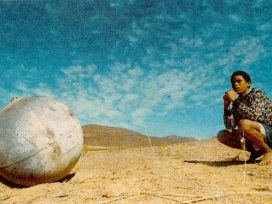
COP26’s mandate focuses on averting the loss and damage caused by climate change. And technological solutions hold much promise. But high-tech and the environment aren’t always best matched: largely unregulated mega satellite projects are on the increase with space debris a real near-space threat.

Embezzlement, bribery and false testimony: Austria’s no-longer chancellor Sebastian Kurz is accused of serious crimes. He appears confident that legal charges will not stick; but the political judgement will be made by the Austrian public.
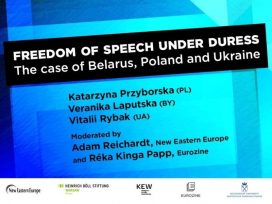
Poland is descending on a path toward more and more authoritarian tactics to curb independent journalism, while Belarus has long been enduring direct repression, especially since last year’s revolution. In Ukraine, however, the majority of mainstream media is owned by oligarchs, and public service is trying to gain ground to balance them out.
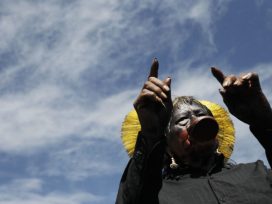
COP26 lists collaboration as one of its main objectives. All views are seemingly welcome. And yet environmental justice, the law-making that should speak for Indigenous people, isn’t explicitly on the table. If laws and legal action remain static, based on corporate culpability after the fact to the exclusion of motive and context, how will future environmental plunder ever be avoided?
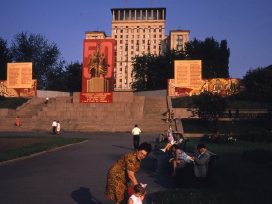
Defenders of human rights often face high stakes. When the Ukrainian Helsinki Group openly challenged the Soviet Union in the name of the 1975 Universal Declaration of Human Rights, young dissidents soon became political prisoners. The price for being a non-conformist was steep yet encouraged solidarity, paving the way to Euromaidan.
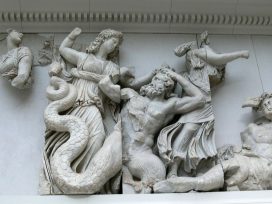
Anybody can become a cultural warrior, even unwillingly. With common grounds diminishing and liberals and conservatives dead-set against each other, is the Left doomed to fail?
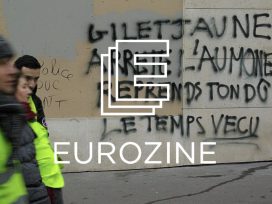
It is no coincidence that in both France and the US, nations uniquely proud of their democratic traditions, debates are emerging about constitutional reform. Recent articles explain why.
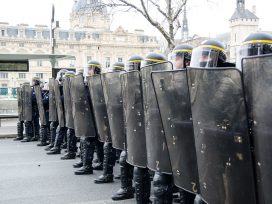
Macron’s vision of a liberal state quickly gave way to states of emergency and the organization of private life around the pandemic. Far from fading into the background, state power is omnipresent in France, boding ill for the presidential election campaign.

Surviving a life lived on the edge can be down to chance. And only those lucky enough to look back will be able to slowly piece together the sequence of events. The personal narrative that results, when honest, is nevertheless remarkably recognizable.
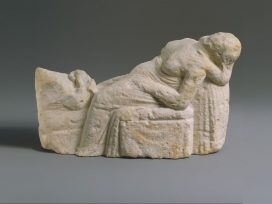
Many women’s experiences suggest obstetric violence is commonplace, from the overuse of caesarean sections to the risks of vaginal delivery. Putting women at the centre of decision-making about their own bodies ahead of ideological or financial medical priorities is imperative.

Many of the early twentieth-century champions of eugenics were social democrats and feminists. All shared a belief that science and technocracy could re-engineer society for the better. Attempts to institutionalize eugenics coincided with the emergence of welfare states and infrastructure to monitor the ‘feebleminded’.
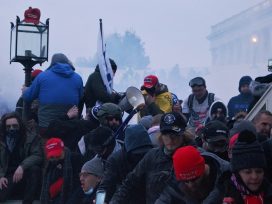
Trumpism treated the US constitution as means to an end: the assertion of white supremacy. But to respond by venerating the constitution is to misunderstand Trump’s anti-elitist appeal. If the US constitution is to be claimed for democracy, it must be democratized itself.

The veneration of the US constitution is directly connected to America’s emergence as global hegemon. As the US’s democratic dysfunctions become ever more apparent, this culture is coming under strain. Why the end of the American Century coincides with the collapse of the country’s constitutional consensus.

An art exhibition conjures up the silent spectre of the Holocaust in Hungary to explore apparently incompatible recollections, confront contradictory perspectives and engage with conflicting narratives.